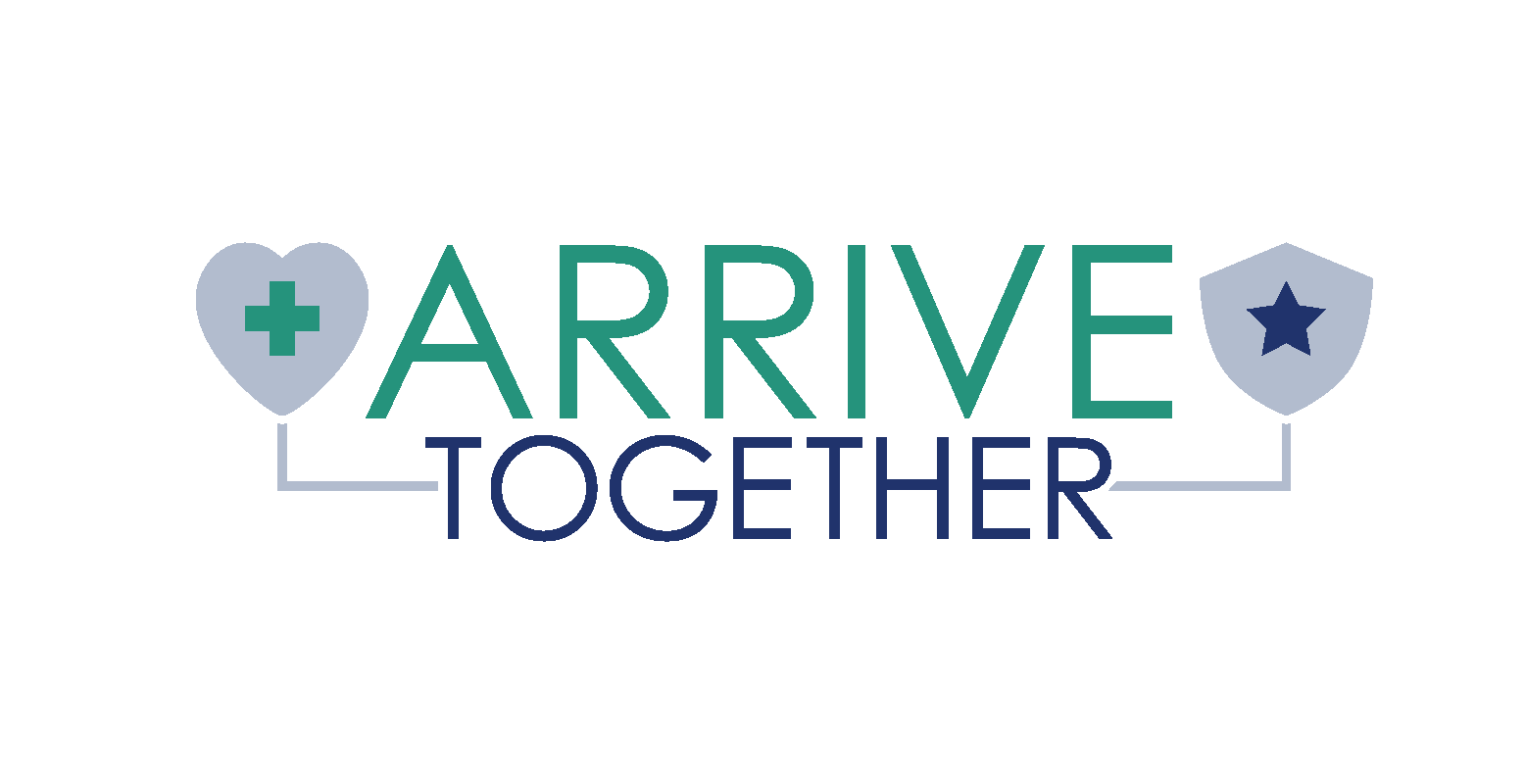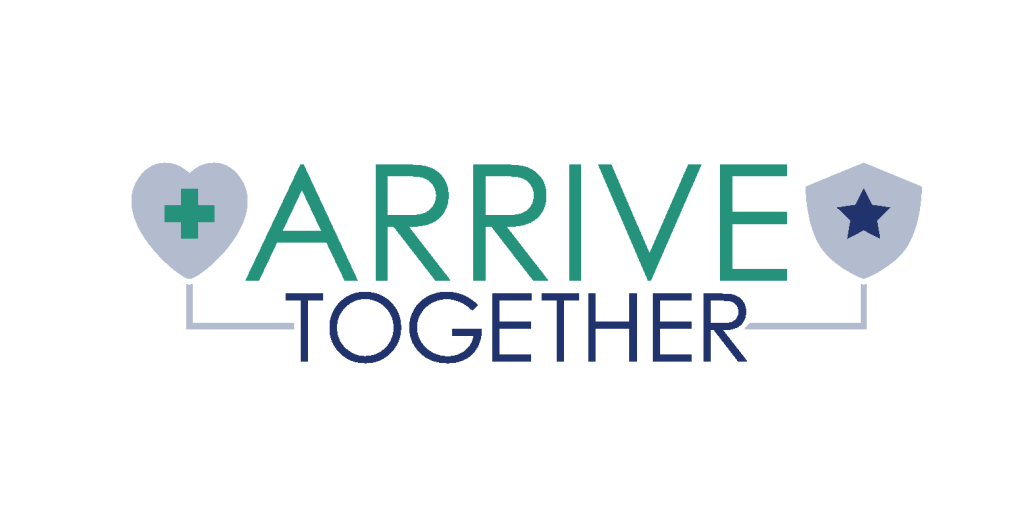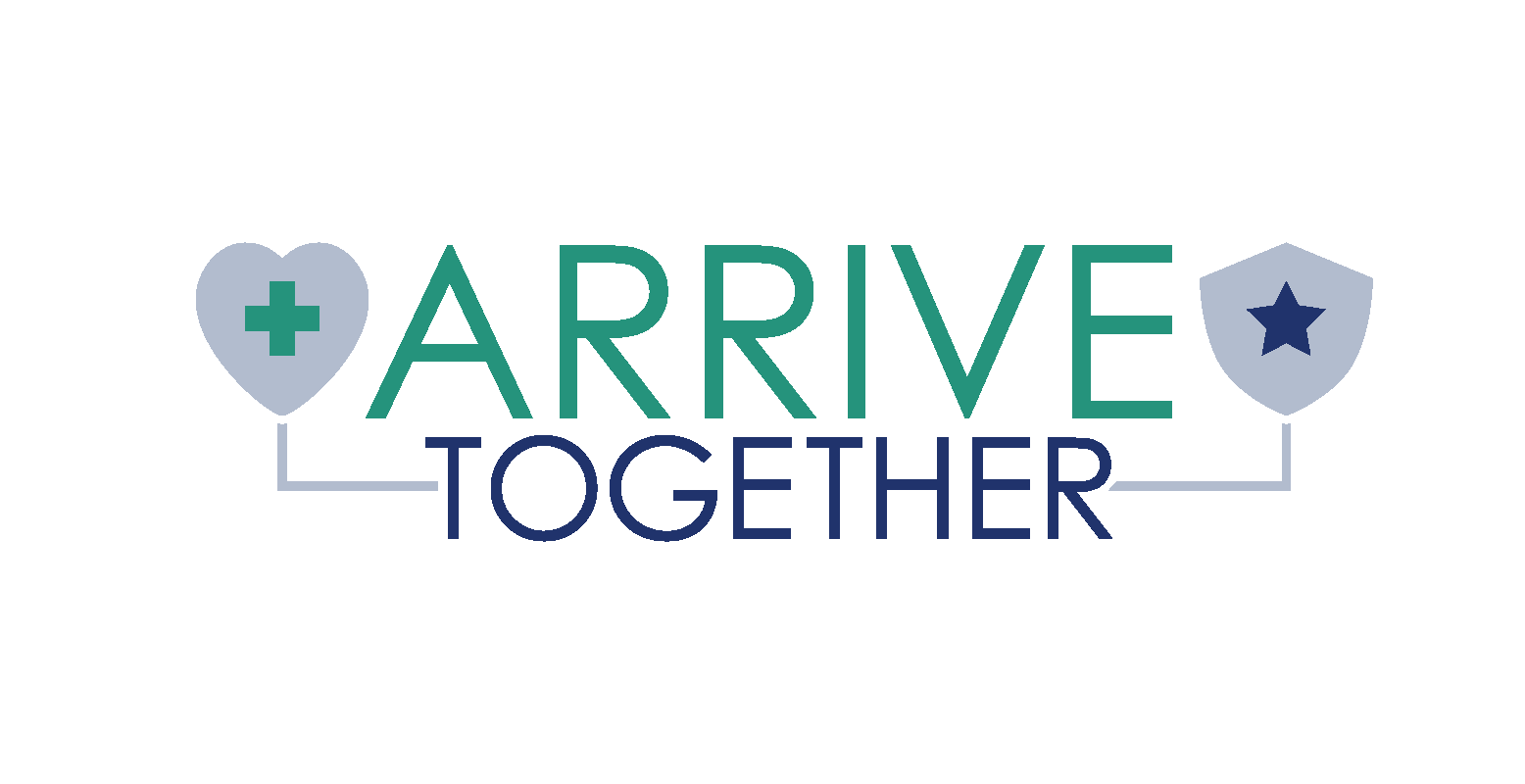
ARRIVE TOGETHER PROGRAM
ALTERNATIVE RESPONSES TO REDUCE INSTANCES OF VIOLENCE AND ESCALATION
In 2020, across New Jersey, two out of every three uses of force by law enforcement involved a civilian suffering from mental health or substance abuse issues. Over half of all fatal police encounters occurred in similar circumstances. These numbers were and are unacceptable.
The Office of the Attorney General is working to improve how law enforcement officials respond to members of the community experiencing mental and behavioral health emergencies. Learn more below.
In recent years, we have asked law enforcement officers to undertake roles they never expected when choosing to serve—marriage counselor, addiction specialist, social worker. And increasingly, police are asked to act like doctors or psychiatrists, determining what drug a person may have taken, or what mental health condition they may be experiencing.
The status quo is untenable. When our system is structured so that the same armed officer responding to a robbery is also the government’s answer to the emergency call of a person in behavioral health crisis, it should come as no surprise that negative outcomes are possible, even likely.
Law enforcement officers in New Jersey recognize this reality. As a result, police welcome the help of other trained professionals such as medical clinicians and community stakeholders in achieving safer outcomes for all parties involved.
That’s why, in 2021, in consultation with the Department of Human Services and community stakeholders, the Office of the Attorney General and the New Jersey State Police piloted an initiative—in line with Governor Murphy’s vision for public safety in the State—that paired a State Trooper, trained in crisis intervention and de-escalation techniques, with a certified mental health screener and crisis specialist, to respond to 9-1-1 calls involving behavioral health incidents. That pilot was named ARRIVE Together. Following the success of the pilot, a second pilot was launched in Union County utilizing municipal law enforcement agencies in Linden and Elizabeth. This was soon followed by a telehealth program in Atlantic City, where officers are equipped with iPads to provide residents with virtual emergency care.
In 2023, following the success of the co-responder and telehealth pilots, and with input from the communities, a follow-up model and close in time follow-up model were created. Officers in counties using the follow-up model identify individuals who would benefit from mental health resources and supports. Mental health and community partners then follow-up without law enforcement to assist residents in gaining and navigating access to mental health and other support services. Those counties using a close in time follow-up model have mental health partners who are available to meet officers while they are interacting with a resident potentially in need of behavioral health support and/or evaluation and provide those resources immediately when possible.
ARRIVE is now active in all twenty-one of New Jersey’s counties, making New Jersey the first state in the country to have a statewide law enforcement and mental health alternative response program.
The trust, partnerships, and work being done have led to Kean University being the first institution of higher learning in the State to develop a model that works for their unique community. In addition, Union County has also developed a model that facilitates the response of a mental health team first for certain behavioral health only calls and in Paterson, dispatch and mental health professionals are collaborating to learn from each other’s expertise and creating best practices for behavioral health response.
ARRIVE is achieving at least four important goals.
- One, ARRIVE is leading to safer outcomes for our most vulnerable residents. Having a mental health specialist, rather than an officer, address behavioral health concerns is keeping residents safe. Specifically, the involvement of an ARRIVE team leads to fewer arrests, fewer uses of force, fewer injuries, and eliminates racial disparities with respect to outcome.
- Second, ARRIVE is increasing the utilization of mental health resources. Traditionally, an officer interacting with an individual in crisis could either call a screener and wait for them to arrive on scene, or consistent with the law, make the decision themselves to transport the individual (voluntarily or involuntarily) to the hospital. Under our co-response and close follow-up models, screeners are on scene from the beginning or near the beginning of a response, saving the officer wait time, bringing appropriate medical assistance faster, and preventing situations from escalating.
- Third, ARRIVE keeps residents in the community. According to the N.J. Department of Human Services, about a third of individuals in crisis who are transported to the emergency room actually require hospitalization. Clinicians have the training and experience to determine when someone should be evaluated for hospitalization and when that individual is able to remain in the community—particularly when connected to services to meet their needs.
- Finally, ARRIVE is improving trust between law enforcement and community. ARRIVE is community-informed and designed to fit the specific needs and resources of each community. ARRIVE improves the health and well-being of individuals with mental and behavioral health emergencies and eliminates stigma by connecting individuals to care and resources rather than the criminal justice system.
ARRIVE TOGETHER TIMELINE VIDEO

ARRIVE TOGETHER INTERACTIVE MAP
BROOKINGS REPORT
PRESS RELEASES
Attorney General Platkin Announces Jersey City’s Participation in New Jersey’s ARRIVE Together Alternative Response Program
Attorney General Matthew J. Platkin announced that Jersey City will be Hudson County’s second municipality – in addition to the Hudson County Sheriff’s Office – to participate in the Alternative Responses to Reduce Instances of Violence and Escalation (ARRIVE) Together program.
Attorney General Platkin Announces Trenton’s Participation in New Jersey’s ARRIVE Together Alternative Response Program
Attorney General Matthew J. Platkin announced today that the City of Trenton will join five other municipalities in Mercer County in participating in the Alternative Responses to Reduce Instances of Violence and Escalation (ARRIVE) Together program.
AG Platkin: Law Enforcement Use of Force Policy Revised to Promote Safe Resolutions of Encounters with Barricaded Individuals
ARRIVE Together Program to Expand by Embedding Mental Health Providers with Tactical and Crisis Negotiation Teams.
Governor Murphy, Attorney General Platkin Announce $12 Million in Funding for Community Crisis Response Teams
Governor Phil Murphy and Attorney General Matthew J. Platkin announced today that up to $12 million in funding will be made available to establish the Community Crisis Response Team (CCRT) Pilot Program.
Attorney General Platkin Announces the Launch of the New “ARRIVE Together Dashboard”
Data Available Through the Dashboard Will Offer Valuable Insights into the Program.
ARRIVE Together Statewide Steering Committee
- William A. Daniel, Prosecutor, Union County, New Jersey
- Thomas Dellane, Chief of Police, Stafford Twp. Police Department
- Joseph Haber, MA, MSL, LSW, Legacy Treatment Services
- Dr. Pamela B. Jones, Communities in Cooperation, Inc.
- Rev. Dr. Michael Keene, Sr., Trinity African Methodist Episcopal Church
- Michele Madiou, Mental Health Administrator, Mercer County Division of Mental Health
- Valerie Mielke, MSW, Assistant Commissioner, Division of Mental Health and Addiction Services, NJ Department of Human Services
- Giacomo Sacca, Chief of Police, City of Elizabeth
- Jeffrey Sutherland, Cape May Prosecutor


